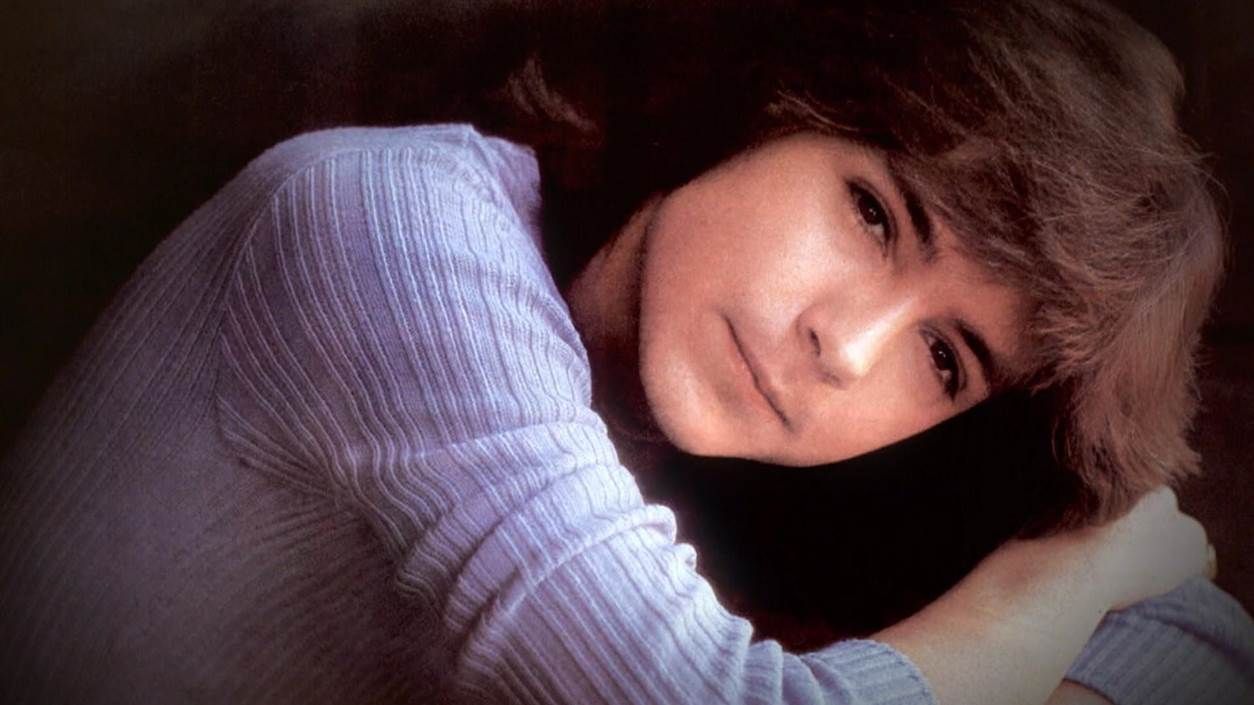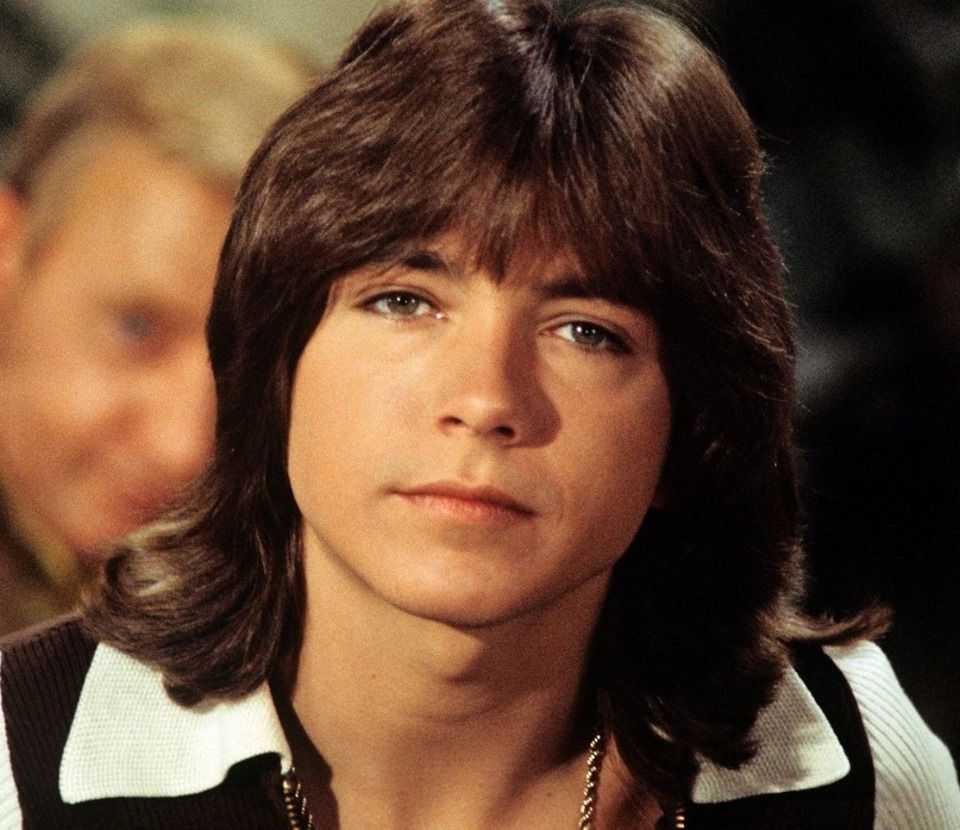
A Nostalgic Homage to the Birth of Beatlemania
In the golden era of music when David Cassidy, the heartthrob of countless fans, lent his voice to the timeless classic “Please Please Me,” it was more than just a cover; it was a heartfelt tribute that bridged generations. Originally a Beatles’ anthem, this rendition found its way into the hearts of listeners, reviving the fervor and innocence of a bygone era. Released in the midst of Cassidy’s flourishing career, this song served as a reminder of the transformative power of music and its ability to transcend time and space.
David Cassidy’s version of “Please Please Me” did not make an immediate splash on the charts like some of his other hits. However, its significance lay not in chart numbers but in its emotional resonance and the way it brought together fans of different ages. The original track by The Beatles, released in 1963, marked a pivotal moment in music history, reaching number two on the UK Singles Chart and laying the foundation for Beatlemania. When Cassidy recorded his version, he infused it with his unique style while maintaining the youthful exuberance that characterized the early ’60s.
The story behind “Please Please Me” is one steeped in musical legend. Written primarily by John Lennon with input from Paul McCartney, it was conceived as a faster-paced follow-up to their debut single “Love Me Do.” Lennon once mentioned that he wanted “Please Please Me” to be The Beatles’ attempt at creating something akin to Roy Orbison’s melodious intensity mixed with Bing Crosby’s easy charm. Its success was both critical and commercial, heralding the dawn of a new musical era.
For David Cassidy, covering this song was an homage to his musical roots and influences. By the time he recorded it, Cassidy had already become an international superstar thanks to his role on “The Partridge Family” and his successful solo career. His decision to revisit such an iconic piece was seen as a nod to the artists who had paved the way for pop musicians like himself.
Listening to Cassidy’s rendition evokes strong feelings of nostalgia, especially for those who lived through or have fond memories of the ’60s. It’s a song that takes you back to a simpler time when music was an expression of pure joy and teenage longing. The track carries with it echoes of youthful rebellion and discovery, resonating with those who remember tuning in to radio stations that played these songs on loop.
The essence of “Please Please Me,” whether sung by The Beatles or David Cassidy, lies in its simplicity and earnestness. The lyrics plead for reciprocated love—a theme as old as time itself but ever-relevant. It’s about yearning and desire wrapped in harmonies that lift spirits and bring smiles. Cassidy’s voice brings a fresh yet familiar warmth to this classic, inviting listeners to reminisce about their first dances, first loves, or perhaps their first concert experiences.
This song also serves as a testament to David Cassidy’s versatility as an artist. While known primarily for his pop hits and television presence, covering “Please Please Me” showcased his deep appreciation for rock ‘n’ roll history and his ability to honor it while making it his own. His interpretation reminds us why such classics endure—they speak universal truths wrapped in melodies that defy age barriers.
For older audiences revisiting this track through Cassidy’s eyes—or rather ears—it’s like flipping through a cherished photo album where each note is a snapshot frozen in time; each lyric is a caption that narrates stories from yesteryears. It’s about reliving moments when life seemed less complicated, when music was shared through vinyl records or AM radios rather than digital streams.
In conclusion, David Cassidy’s cover of “Please Please Me” is more than just another version of an already famous song; it’s an emotional bridge connecting past with present. It celebrates not only The Beatles’ legacy but also underscores Cassidy’s own impact on music history—a beautiful reminder that while times change, great music remains timeless and ever poignant.
